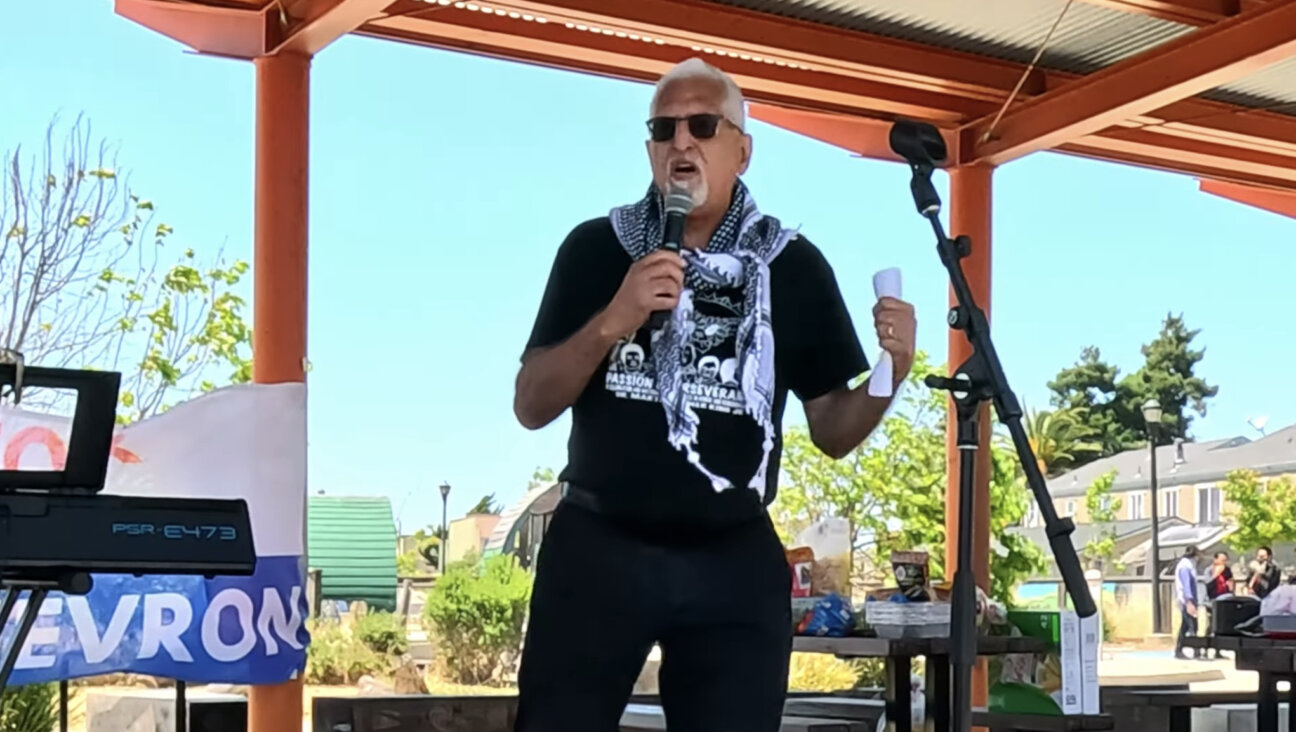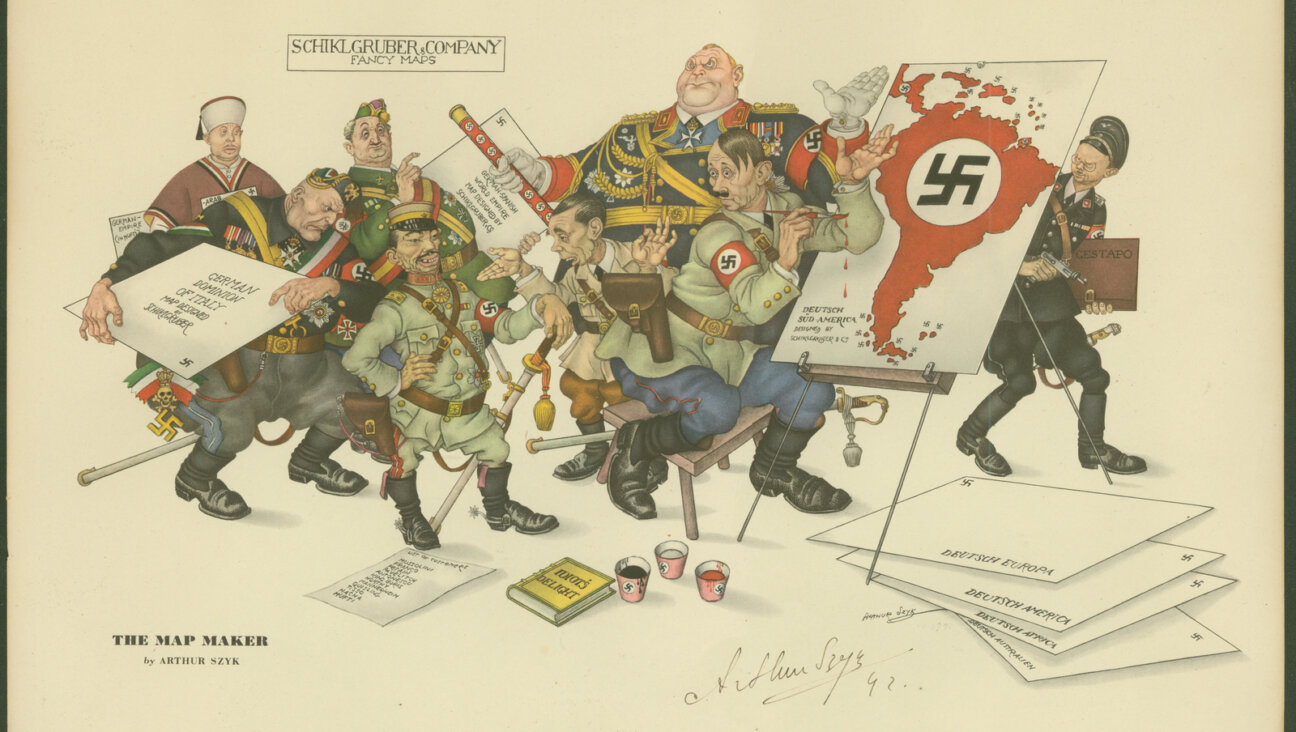U.S. Takes Aim at Shadowy Syrian Businessman
In a new approach to battling Syria, the Bush administration has imposed sanctions on a powerful businessman — and cousin of the country’s president — who is suspected of corruption.
The U.S. Treasury Department froze the assets of Rami Makhlouf, a controversial figure with major interests in Syria’s economy. The move comes on the heels of the slaying of senior Hezbollah operative Imad Mugniyah in the heart of the Syrian capital.
Until now, sanctions against Syria have gone after support for terrorist activities, narcotics and meddling in Lebanon. The steps taken against Makhlouf represent a jolt to the status quo because they come under a new presidential executive order that allows sanctions to respond to corruption, as well.
“There will undoubtedly be many Syrians who take some satisfaction from this move, but many will also be anxious because the U.S. has penetrated a new level of sovereignty,” said Joshua Landis, an expert on Syria who teaches at the University of Oklahoma.
The move against Makhlouf comes at a time when western governments are ramping up pressure against the regime of President Bashar al-Assad, Makhlouf’s first cousin. Syria ended its occupation of Lebanon in 2005, but American officials believe that Damascus is behind a series of attacks on Lebanese politicians and that the Assad government has prevented Lebanon’s government from reaching an agreement on the choice of a president. France had been attempting to mediate these disputes, but Paris announced last month that it was ending those efforts. The decision resulted in public criticism flying between the capitals.
In the midst of these diplomatic battles, Mugniyah was killed by a car bomb in Damascus. The Bush administration’s move to extend sanctions to include corruption was issued on the day of the Mugniyah slaying. The sequence of events was perceived by the Assad regime as a coordinated move to further isolate it.
The Treasury Department declined to discuss the timing of the sanctions. The Syrian Embassy in Washington did not return requests for comment.
“It underscores the determination of the Bush administration to keep up pressure on the Syrian regime, to undermine any effort to pursue engagement as an alternative approach to dealing with Syria and to do so using tools that it hopes will creating binding commitments on an incoming administration,” said Steven Heydemann, a Georgetown University scholar of Syrian studies. “It’s hard to see what this will accomplish from a diplomatic perspective, however… It signals to the regime the administration’s intent to target the most powerful and influential members of the inner circle. It reinforces the message to Israel that this is not the right time to renew the Syrian track — even though there is an interest in doing so within Israel.”
In its explanation of the sanctions, Washington communicated its moves in tones designed to appeal to the Syrian public.
Makhlouf “has used intimidation and his close ties to the [Assad] regime to obtain improper business advantages at the expense of ordinary Syrians,” said Stuart Levey, under secretary for terrorism and financial intelligence, in a statement.
Syria watchers say that the new moves against Makhlouf are a way for the United States to ratchet up the pressure against Damascus.
“This is a big blow to Syria, and means an entirely new level of bad blood between the two countries,” Landis said.
In recent years, Makhlouf, 38, has been a prime beneficiary of Syria’s effort to privatize state-owned enterprises, first and foremost in the banking, telecom, duty-free and cement sectors. The manner in which he obtained the country’s two mobile phone licenses has been a matter of controversy for years — though a controversy that few Syrians are willing to discuss publicly.
Syrian opposition leader Riad Seif recently told the Forward that soon after he published criticism of the flawed bidding process for the mobile phone licenses, he was thrown in jail. Seif, a prominent former businessman and member of Parliament, was recently arrested again for his role in coordinating opposition to the regime. A former government minister who is familiar with the bidding and declined to be identified recounted that the process had been clearly tainted in order to favor Makhlouf.
Matthew Levitt, who until last year was a senior official in the Treasury Department’s financial intelligence unit, hailed the department’s move.
“More than anything else, the corruption of the Syrian regime resonates within the influential Syrian business community and could be a powerful means of leveraging the regime to change its behavior,” Levitt said.
















